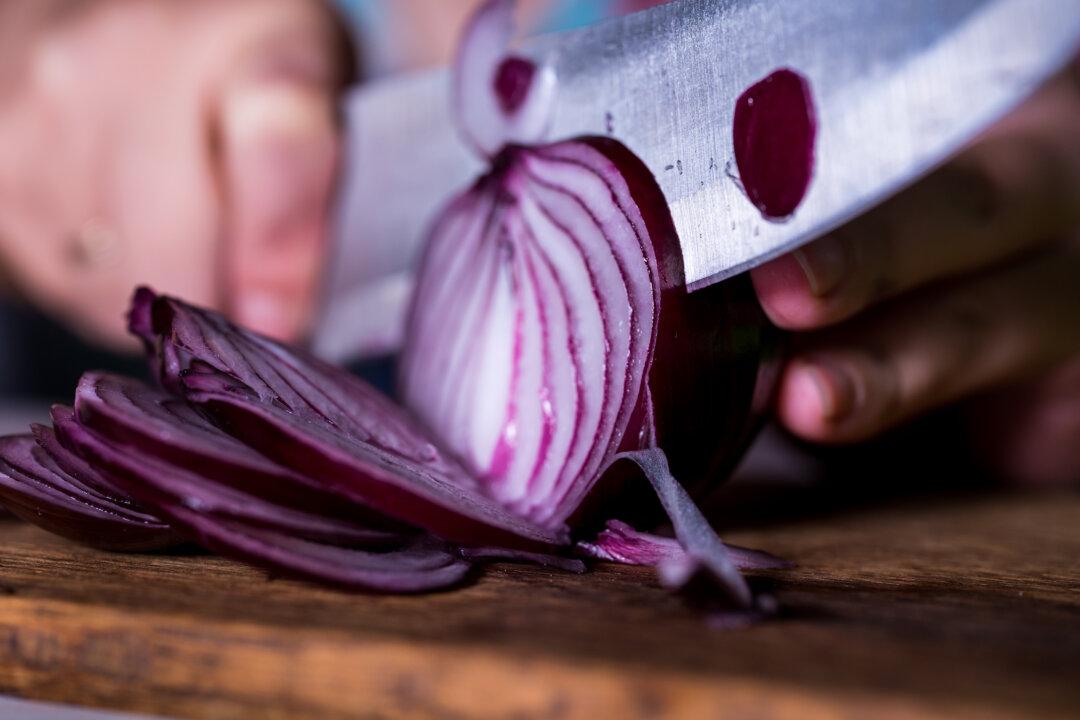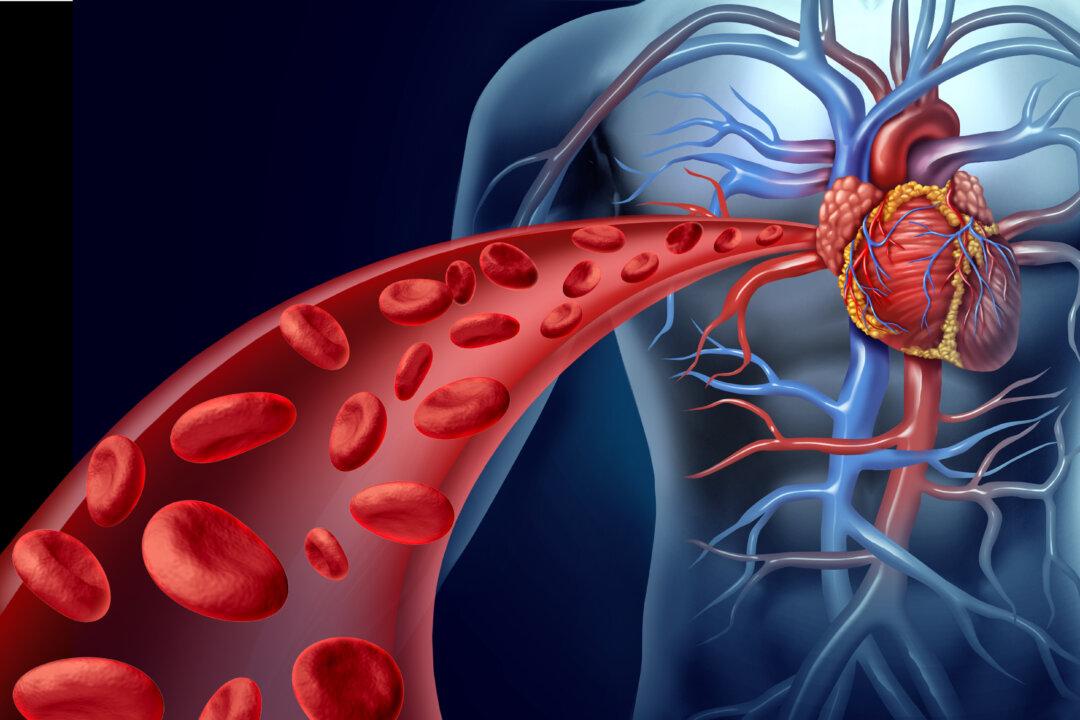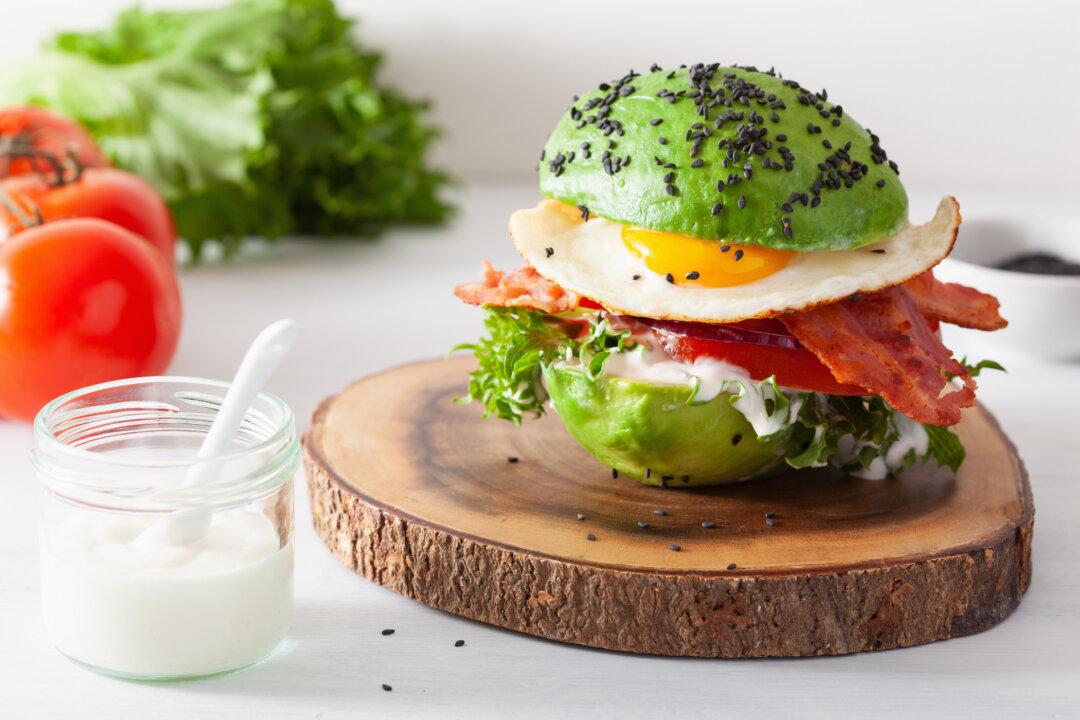Eat less sugar, and you’ll be healthier.
This fact has been demonstrated over and over again in studies that compare different whole-food-based diets (like the ketogenic diet, vegan diet, and low glycemic index diet) to the conventional American diet.






